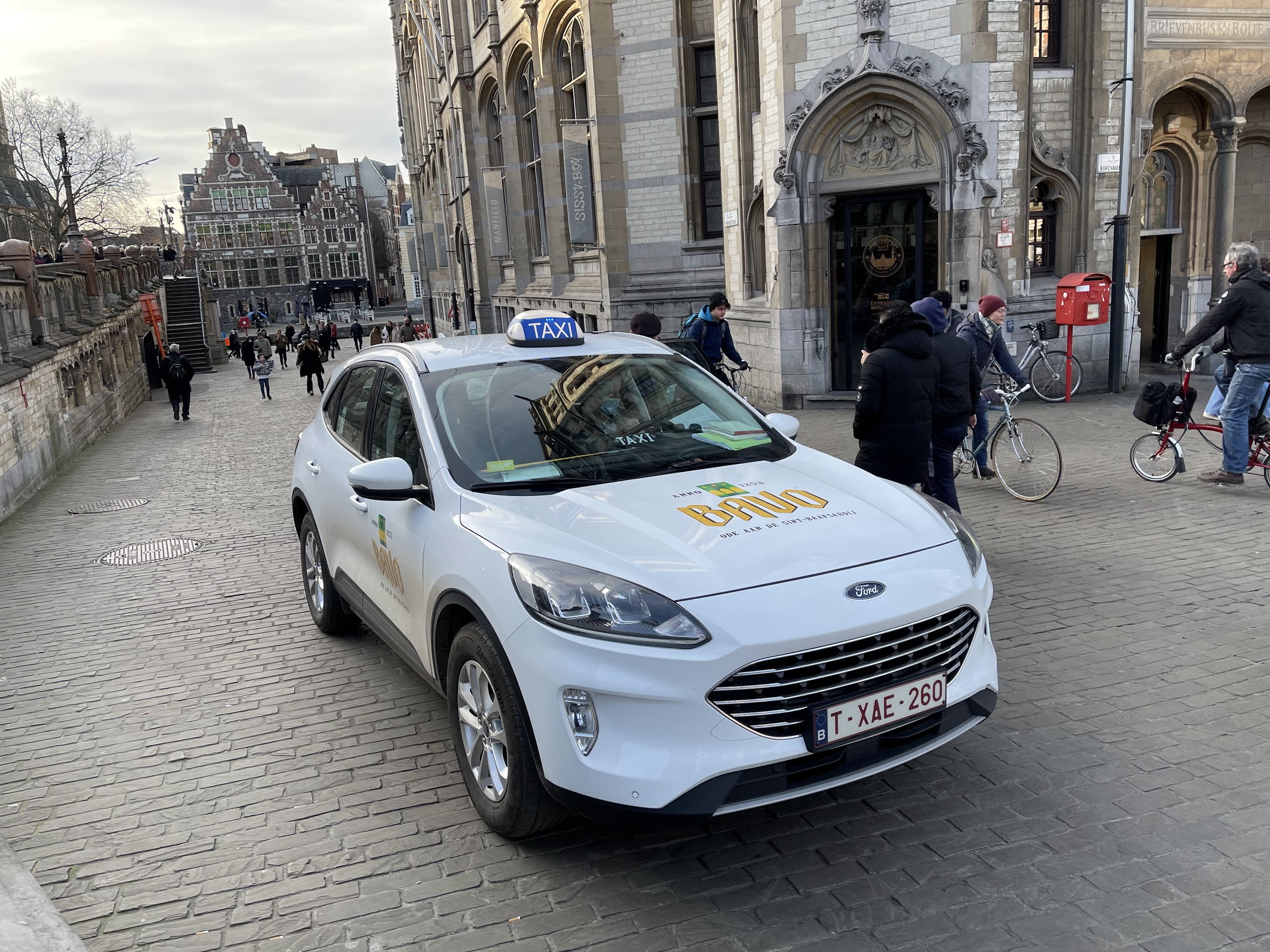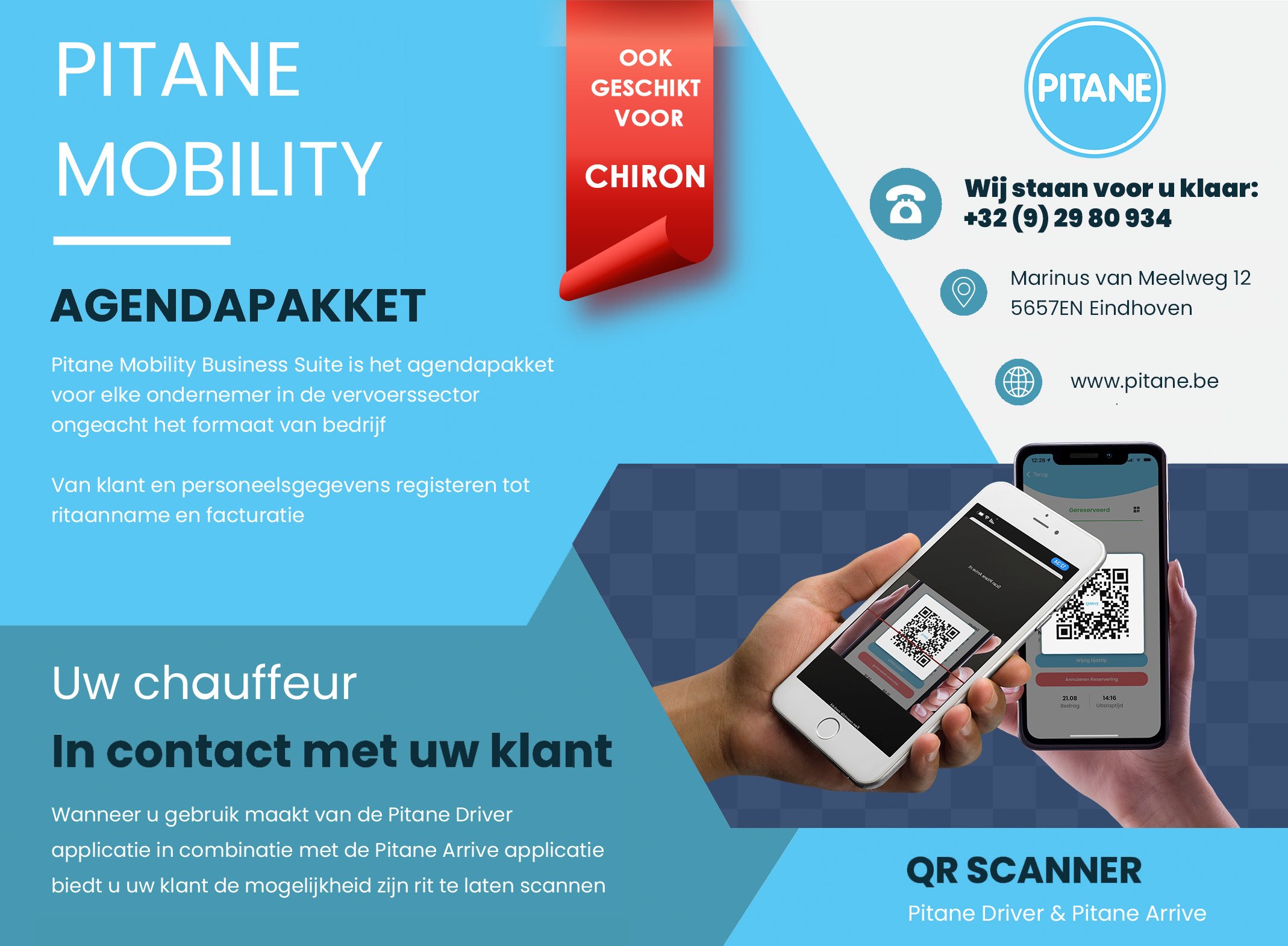If there are too few taxi drivers, waiting times will increase when you order a taxi.
There is also an acute shortage of candidate drivers in the Belgian taxi sector. The lack of drivers can mean waiting for the taxi in the middle of the night in the cold. Secretary Pierre Steenberghen of the National Grouping of Taxi Companies draws attention to the main bottlenecks. Factors that make the recruitment of drivers even more difficult in Flanders, but also play a role throughout Belgium.
medical screening
First of all, a candidate driver must undergo a medical examination before obtaining the fitness to drive certificate. He/she must then apply for a driver's pass at his/her municipality. This procedure often takes several weeks. And that already discourages many candidates.
Steenberghen wonders whether the Association of Flemish Cities and Municipalities (VVSG) can do something about this by, for example, issuing a temporary driver's pass upon application. To obtain the pass, a recent clean criminal record and a certificate of language knowledge level "B1-" must be submitted. And that is the second bottleneck. The new high requirements of attesting language knowledge level B1.
language requirements
This requirement, introduced in 2019 by Ben Weyts, Vice-Minister-President responsible for Education, Sport, Animal Welfare and Flemish Rand, forces a large number of drivers to leave the taxi sector and look for work elsewhere. Following a language course of 200 hours in a CVO on top of a full-time job and then having to take written and oral tests, many drivers do not like that.
It would have been a major improvement for the social partners of the taxi sector if the government had opted for language knowledge level A2.
Secretary Pierre Steenberghen of the National Grouping of Taxi Companies

Such high language requirements are not adapted to the taxi sector, which, as the most diverse sector in Belgium, often offers a first job to newcomers such as refugees and migrants. Candidate drivers or taxi drivers left for other employers such as the public transport companies. And they are not subject to the same legally imposed, strict language requirements.
Companies such as De Lijn and STIB are allowed to internally test the language skills of their (candidate) drivers. It would have been a major improvement for the social partners of the taxi sector if the government had opted for language knowledge level A2 (basic knowledge of NL according to the EU language framework) as a minimum. That is sufficient for communication with passengers.
flexijob status
Another bottleneck is the part-time drivers who performed weekend work or night shifts (sometimes as pensioners) who were the first to leave during the corona pandemic and now urgently need to be replaced. New part-time drivers are now hard to find, because job seekers prefer to opt for a flexi job (net wage = gross wage). The last governments have limited that flexijob status to a few sectors - read: sectors that stood highest on the barricades and received more political support. This has created unfair competition in the labor market.
“Can't you offer a flexi job with net pay = gross pay?” asks Pierre Steenberghen. “Then I am not interested in your weekend job and I would rather look elsewhere where it is possible.” Finally, Steenberghen gives a tip to Deputy Prime Minister and Minister of Economy and Work Pierre-Yves Dermagne. “Not all sectors need flexible workers. The taxi sector, like several other sectors (catering, tourism, coach, etc.), is a sector that yearns for the introduction of that status.”
"The high language requirements are not adapted to the taxi sector, which often offers a first job to newcomers, refugees and migrants."



